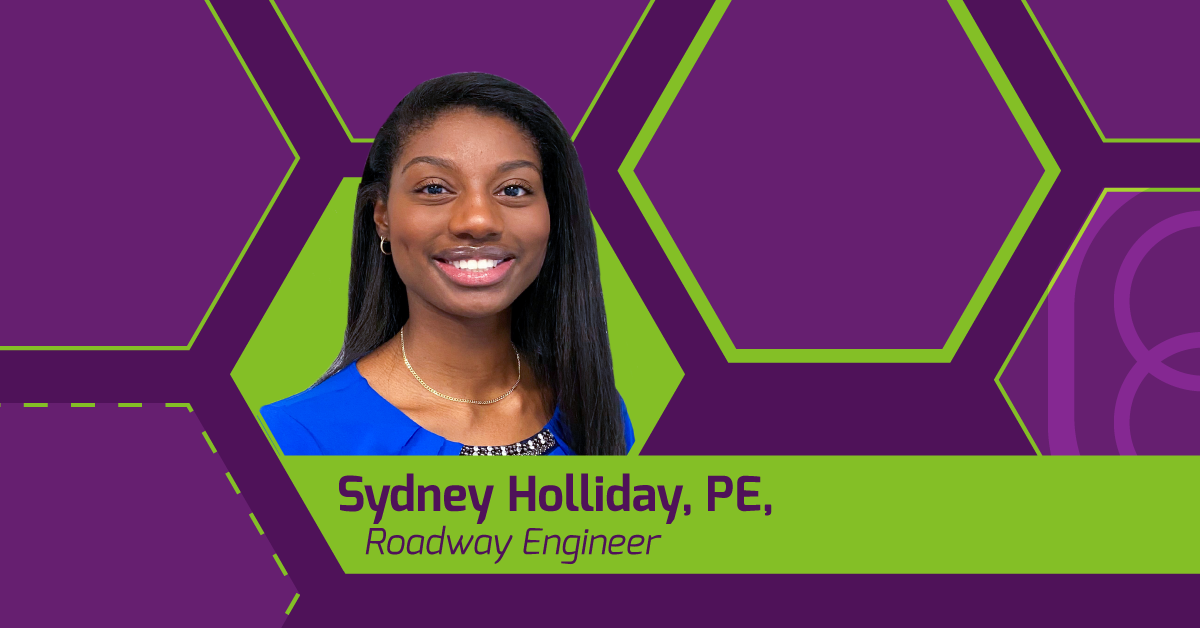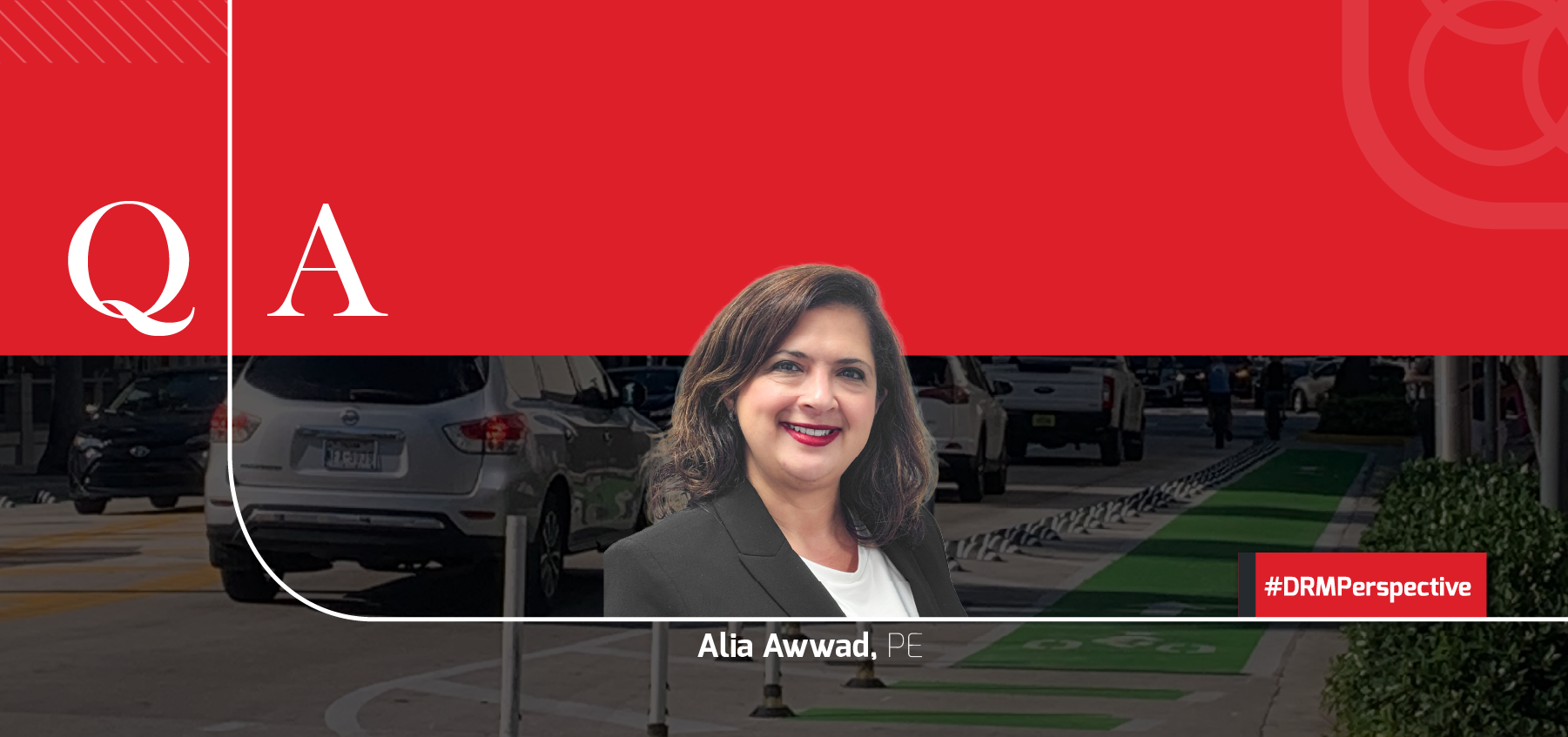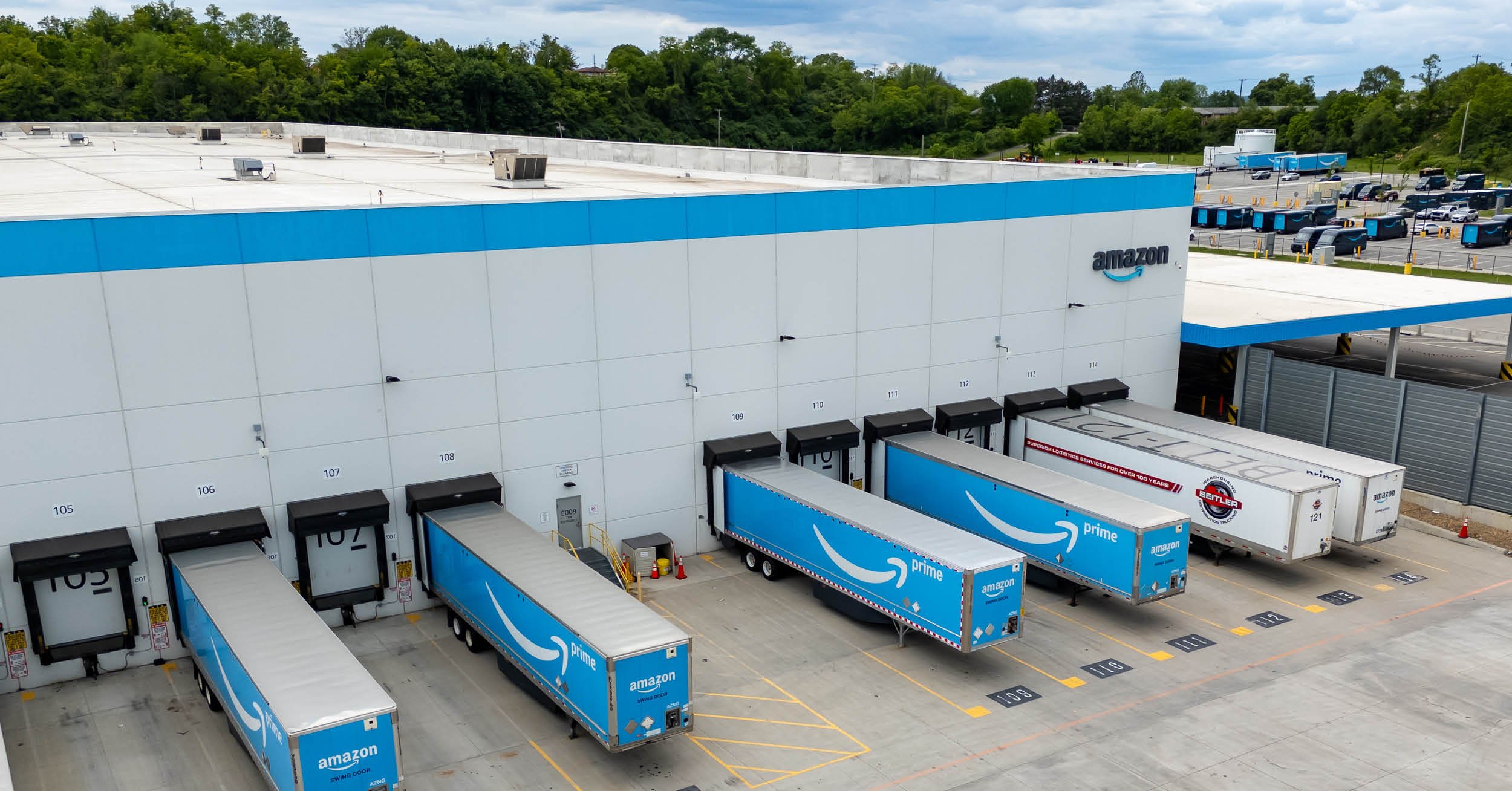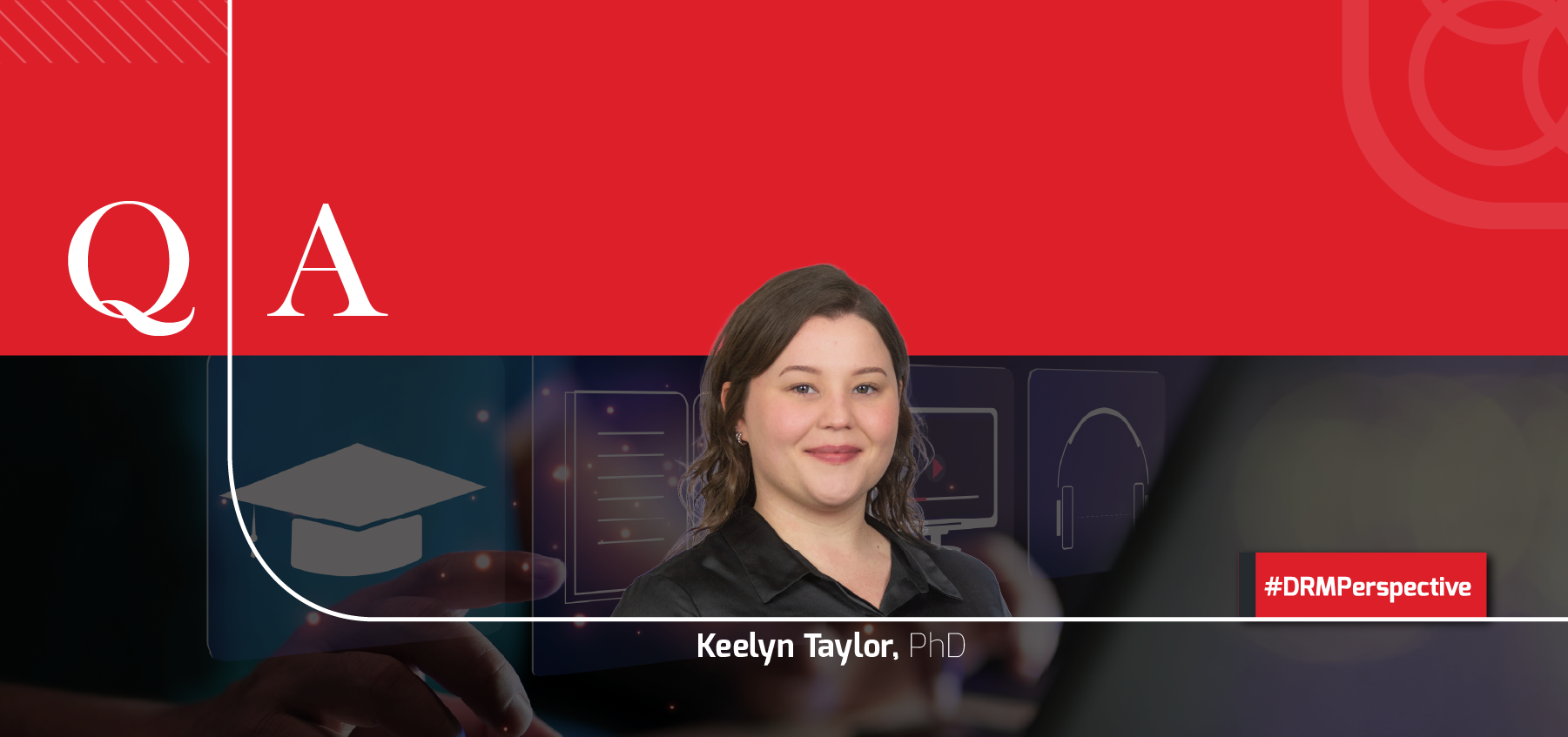On June 23, 2025, International Women in Engineering Day (INWED) celebrates its 12th year of recognizing the achievements of women in engineering around the world. In the United States, women represent about 16 percent of the engineering workforce, based on data from the U.S. Bureau of Labor Statistics – underscoring a persistent gender gap in the profession. This year’s theme, #TogetherWeEngineer, honors the collective impact of women engineers.
DRMP is proud to join the celebration by highlighting some of our women engineers in various stages of their career who help us design stronger communities and deliver creative solutions every day.

What inspired you to become an engineer?
When I was younger, I was certain I wanted to be an architect. I loved rearranging my room, sketching floor plans, and spending hours designing dream homes on The Sims. That creative side of me naturally drew me to architecture. In high school, I took drafting at a vocational school and really enjoyed the hands-on design projects we worked on. It was during that time I started to realize how much I also loved the logic and problem-solving behind the designs. The more I learned, the more I was drawn to the technical side –especially the math and how things work. That’s what ultimately led me to engineering. It offered the perfect combination of creativity, design, and analytical thinking, and I knew it was the right path for me.
What do you love most about being an engineer?
What I like most about engineering is seeing my designs come to life. It’s incredibly gratifying to know that something I helped envision and create is now physically built and actively serving the public. Driving through a project I worked on – knowing I had a direct hand in shaping infrastructure that thousands of people rely on every day – is both humbling and rewarding. There’s a real sense of purpose in building something that improves safety, mobility, and quality of life across our communities.
What is a project or moment in your career that made you feel proud?
One of the proudest moments in my career was working on one of my first large-scale widening projects near my hometown. I was responsible for developing the transportation management plan, as well as the signing and pavement marking plans. What made it so special was that my mom drove through that project every day on her way to and from work. I was still early in my career, but I was so excited to explain to her how the work zone traffic control would change as construction progressed. It made me proud to contribute to a project that not only served my community but also directly impacted my own family in a positive way.
What is one piece of advice you would give to your younger self starting out in engineering?
One piece of advice I’d give my younger self is to trust the learning process and be confident in your voice, even early on. It’s easy to feel like you need all the answers right away, but growth in engineering comes with time, experience, and asking questions. Don’t be afraid to speak up, take initiative, and lean into the challenges – they’re often where the most valuable lessons are. Every project, no matter how small, is a step forward.

What inspired you to become an engineer?
I’ve always enjoyed problem solving. Math and science was a strong suit of mine in high school. I got placed on the engineering track at my school and really enjoyed the classes and projects that I was able to work on in class. Engineering is a perfect blend of creativity and logic.
What do you love most about being an engineer?
I really enjoy knowing that the result of my work will have a direct impact on communities. It’s rewarding to be a part of projects that improve safety and mobility in people's lives, and I feel like my work has meaning.
What is a project or moment in your career that made you feel proud?
I was very proud when I received my Professional Engineer (PE) licensure recently. It was very rewarding knowing the hard work I put into receiving it.
What is one piece of advice you would give to your younger self starting out in engineering?
It is important to understand the “why” behind every design decision. The deeper understanding will make you a more adaptable and effective engineer as you progress through your career.

What inspired you to become an engineer?
My dad is an engineer, so I grew up around it. Fairly early on, I began to ask questions about his day-to-day to learn more about the things that he did. In high school, I even went with him to some bridge pours to see girders being set and concrete pours in intersections to shadow him and see the process. I loved the idea of being able to use problem solving skills ( and math) to help the community around me.
What do you love most about being an engineer?
I love that every day is different. Every project brings new challenges and allows us to think outside of the box to come up with a best-fit solution for that unique situation. I enjoy that public involvement aspect to make communities better and more efficient for those who live there.
What is a project or moment in your career that made you feel proud?
The first moment that comes to mind would be passing the Professional Engineer (PE) exam and subsequently getting my PE license – mainly since this was a big goal when I went into the engineering profession. From a project standpoint, I would say U-5756 has been a resume project that I have really enjoyed working on. It is one of the first few Construction Manager/General Contractor (CM/GC) projects in the state of North Carolina. It’s been a key project for the state as Pinehurst was adopted as an “anchor site” for future U.S. Open championships, and being part of that initiative has been an exciting opportunity.
What is one piece of advice you would give to your younger self starting out in engineering?
Don’t be afraid to ask questions. Put yourself out there. Have confidence in the design decisions that you are making and don’t be afraid to speak up and be part of the conversations and solutions. Get involved and network. The engineering community is smaller than it seems, and you never know when you may be working with a partner firm on a project and need those connections.



















